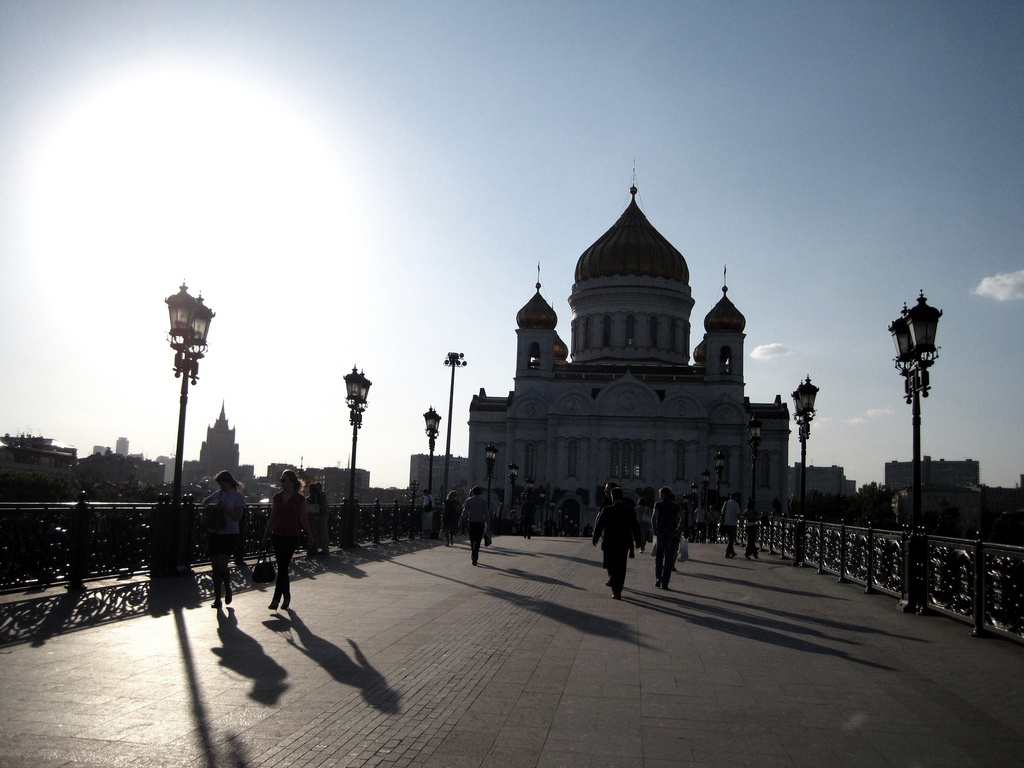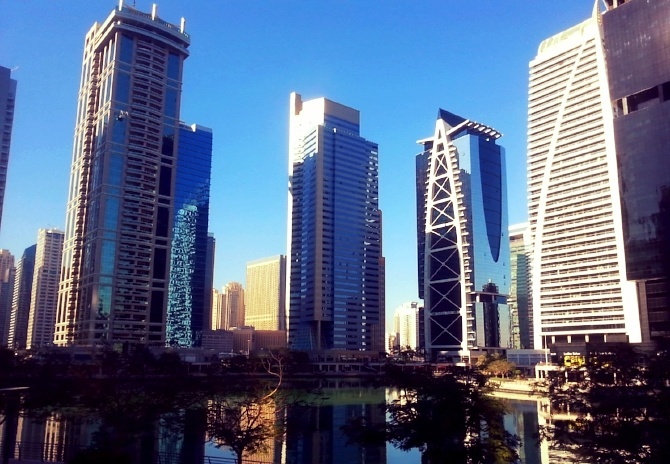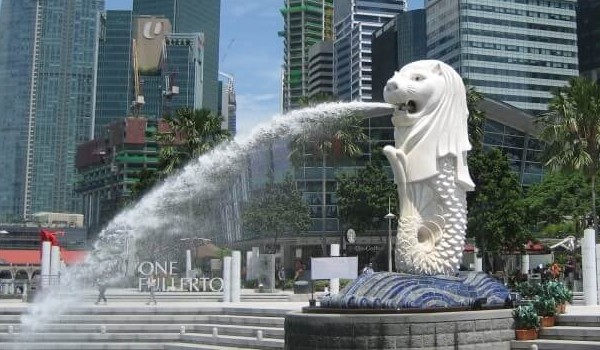Moscow, Russia. Photo taken from the AIRINC research archives.
Moscow
The rental market in Moscow has been greatly affected by the onset of the COVID-19 crisis, which resulted in many expats leaving the city, while simultaneously the local population suffered from a sharp increase in unemployment. Many expensive properties were left vacant by the exodus of expatriates, with the local population generally unable to spend as much on rent.
This resulted in a decrease in rental rates for the mid- and low-end of the market. On the contrary, higher-end and larger properties were able to generally maintain their rates, or even go up, as those assignees who remained, as well as wealthy Russians, preferred to have as large and comfortable a property as possible during the extended confinement. The demand is particularly high for these luxury and high-end properties, and the supply is relatively tight.
There was also an increase in demand for houses, most of which are outside of the city, though these traditionally have only been popular as summer homes. The sales market has seen a sharp increase in demand, as mortgage rates are unusually low. This is sparking some fears that Moscow is merely experiencing a real estate bubble, which may soon burst.
While the trends in Moscow are true for many – especially the largest – Russian cities, they vary within smaller cities. AIRINC researched several of these markets with the help of our trusted real estate source Mission Relocations headquartered in Moscow. Novomoskovsk, Nizhnevartovsk, Tyumen, and Irkutsk showed varied trends of increases and decreases triggered by responses from the local and international demand.
Novomoskovsk
The expat rental market in Novomoskovsk effectively froze over much of the last year. The pandemic resulted in both huge swaths of expats leaving Russia and an entry ban on foreigners coming into the country. According to our local source Tatyana Noel with Mission Relocations in Moscow, rents decreased as vacancy rates climbed and as short-term rentals were converted to long-term in the city center. The supply of high-quality rental properties is limited, and construction of expat-quality units is not expected.
Nizhnevartovsk
Despite the overall economic downturn, the real estate market has seen growth as some landlords started buying new properties for investment purposes. Demand for rentals in the center is low, especially for apartments, and there were fewer incoming senior-level expats last year, so supply increased. Like Moscow, demand increased significantly for houses and apartments in the suburbs, influenced by remote work and the COVID-19 pandemic. Availability of houses is extremely limited, and rents are rising.
Tyumen
With low demand from the oil and gas industry and the economic impact from COVID-19, the Tyumen expatriate rental market decreased significantly in the second half of 2020. With so few incoming executives, demand decreased throughout the city, which spiked the rental supply. To add to this disparity, more supply is expected from new construction of expatriate-quality residential complexes.
Tatyana Noel at Mission Relocations noted that the supply for houses is low as the remaining expatriates and more affluent locals moved from the city center to the suburbs to escape the pandemic, so rents for this market are rising.
Irkutsk
Irkutsk is another city where rents and suburban rental are rising while the availability of houses is extremely limited. Due to this shift to the suburbs and with no new executive arrivals, supply in the city center has increased significantly and many landlords are now willing to provide significant discounts. Like Tyumen, there is active construction of new expatriate-quality residential complexes in the city and these modern options are expected to appear on the market in 2021-2022.
What will happen with rental markets across Russia in 2021?
Reach out today for answers your questions. AIRINC is here to help!
Contributor to this article:
 Zenab Tavakoli
Zenab Tavakoli
Goods & Services Analyst
Email: ztavakoli@air-inc.com
Click here to see Zenab's full bio
On-site Insight:
This post is part of AIRINC's On-site Insight series. On-site Insight provides readers with an exclusive “behind-the-surveys” perspective of new and existing expatriate locations based on commentary and photos from our global research team. Included is information on general living conditions as well as changing costs for both Goods & Services and Housing & Utilities, along with much, much more.







